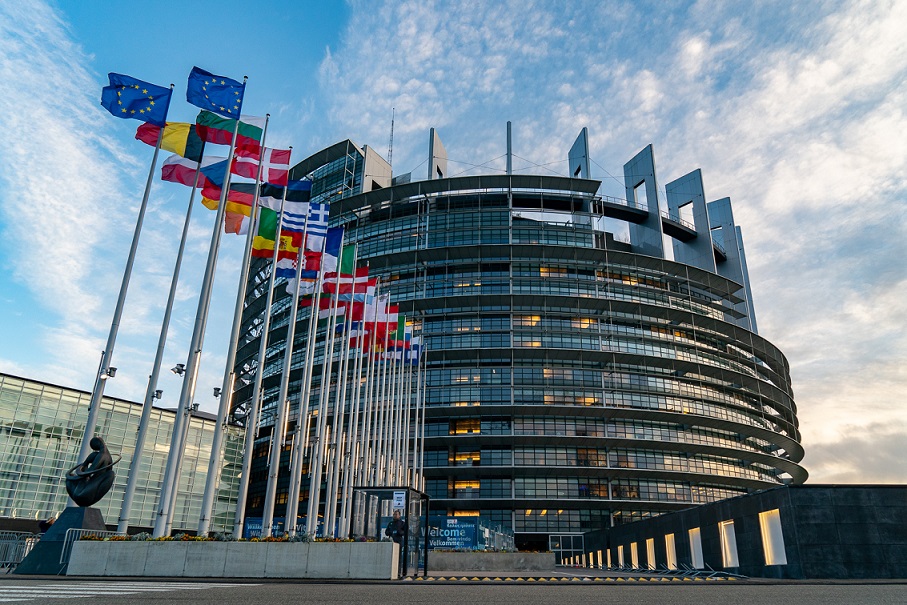
EU Parliament Agrees to Ban Unverified Green Product Claims
Lawmakers in the European Parliament voted 467-65 to approve a series of rules aimed at protecting consumers from greenwashing, or misleading environmental claims by companies, including requiring companies to submit product marketing claims such as “biodegradable” or “less polluting” for verification before being allowed to use them.
The vote establishes Parliament’s adopted position on the European Commission’s proposed “Directive on Green Claims.” The Commission introduced the directive in March 2023, aimed at addressing a need for reliable and verifiable information for consumers, in light of a recent study by finding that more than half of green claims by companies in the EU were vague or misleading, and 40% were completely unsubstantiated.
Parliament’s Internal Market Committee rapporteur Andrus Ansip said:
“Studies show that over 50% of environmental claims are vague, misleading or unfounded. We cannot speak about happy consumers if every other green claim is false. We cannot talk about a level playing field for our entrepreneurs while some traders are cheating.”
The Commission’s proposal included minimum requirements for businesses to substantiate, communicate and verify their green claims, obligating companies to ensure the reliability of their voluntary environmental claims with independent verification and proven with scientific evidence. The directive also targeted the proliferation of private environmental labels, requiring them to be reliable, transparent, independently verified and regularly reviewed, and allowing new labels only if developed at the EU level, and approved only if they demonstrate greater environmental ambition than existing label schemes.
The directive forms part of a package of consumer-oriented environmental and circular economy-focused proposals by the EU Commission, which also includes the ecodesign regulation, updates to the EU’s unfair commercial practices directive (UCPD) and consumer rights directive (CRD) to include green transition and circular economy-related aspects, and promoting repair (right to repair).
Under Parliament’s adopted position, companies’ green claims and evidence would be assessed within 30 days, while simpler and more common types of claims would be eligible for faster and easier verification. The rules would also ban green claims based entirely on the use of carbon offsetting schemes, but would allow for companies to mention offsetting and carbon removal schemes in their advertisements if they have reduced emissions as much as possible and use the schemes only for residual emissions, and use only certified and high integrity carbon credits.
Under the proposed directive, small and medium businesses would have an extra year to comply with the new rules, while micro enterprises would be exempt.
The new regulation would also include penalties for companies that break the rules, including exclusions from public procurements and fines of at least at 4% of annual revenue.
Parliament’s Environment Committee rapporteur Cyrus Engerer said:
“It is time to put an end to greenwashing. Our position ends the proliferation of misleading green claims that have deceived consumers for far too long. We will ensure businesses have the right tools to embrace genuine sustainability practices. European consumers want to make sustainable choices; all those offering products or services must guarantee their green claims are scientifically verified.”